Vacation Packages to Pylos
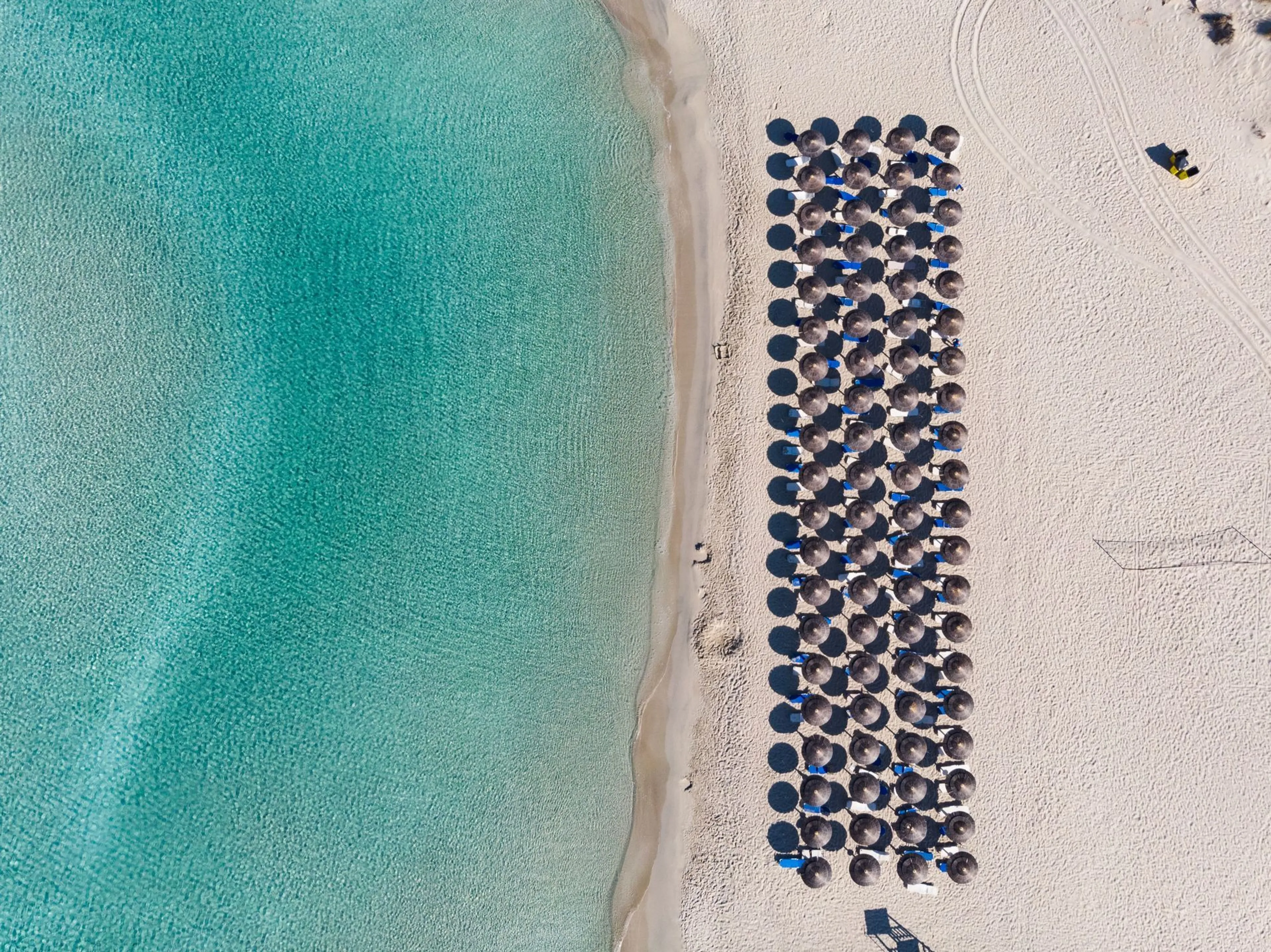
Customize it!
SELF DRIVE TOUR ALL OVER THE PELOPONNESE
Athens, Nafplio, Monemvasia, Elafonisos, Pylos, Olympia and Kalavryta.
English
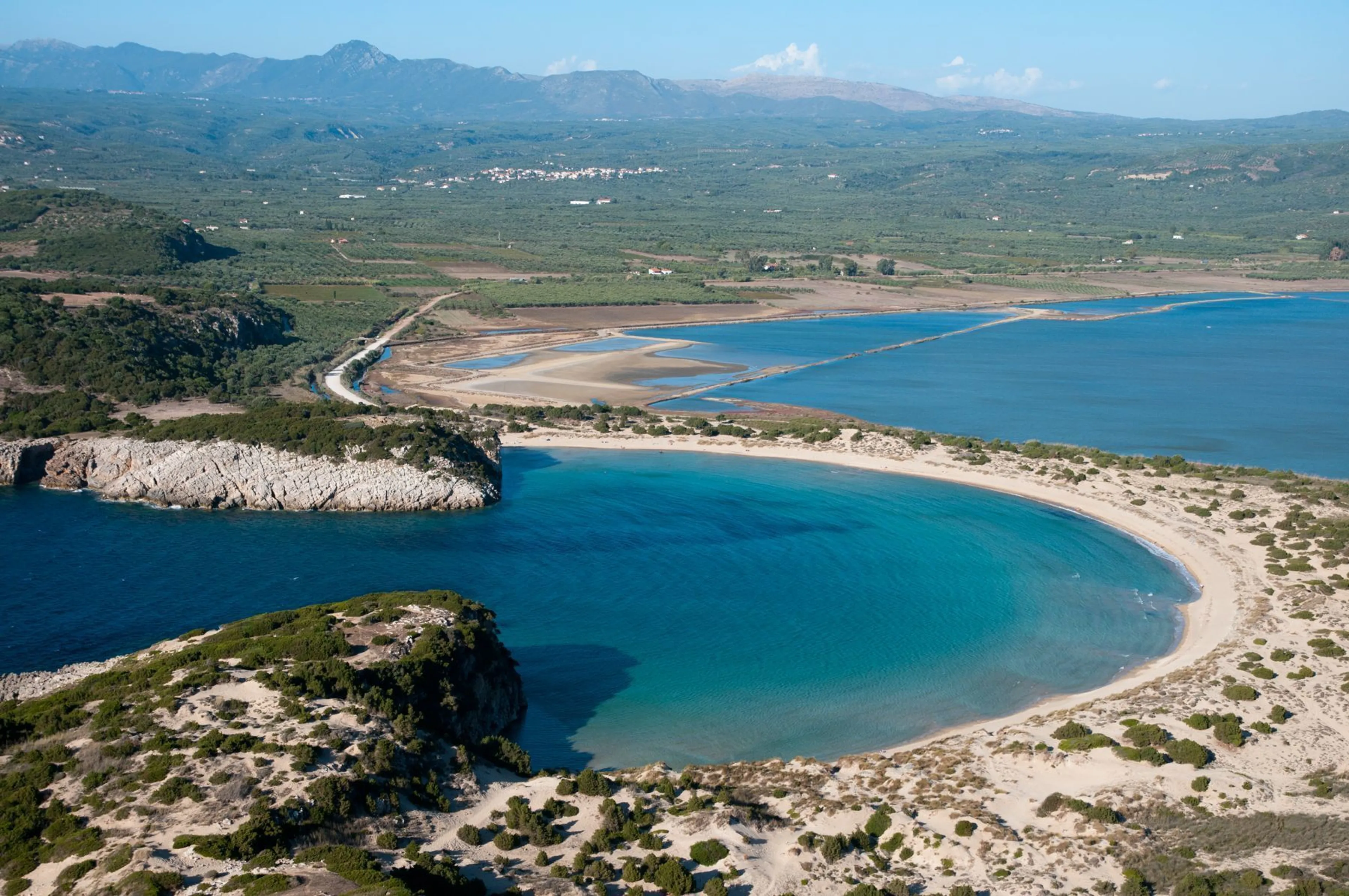
Customize it!
SELF DRIVE TOUR ACROSS THE PELOPONNESE
Athens, Olympia, Mycenae, Argolis, Nafplio, Peloponnese and Delphi
English
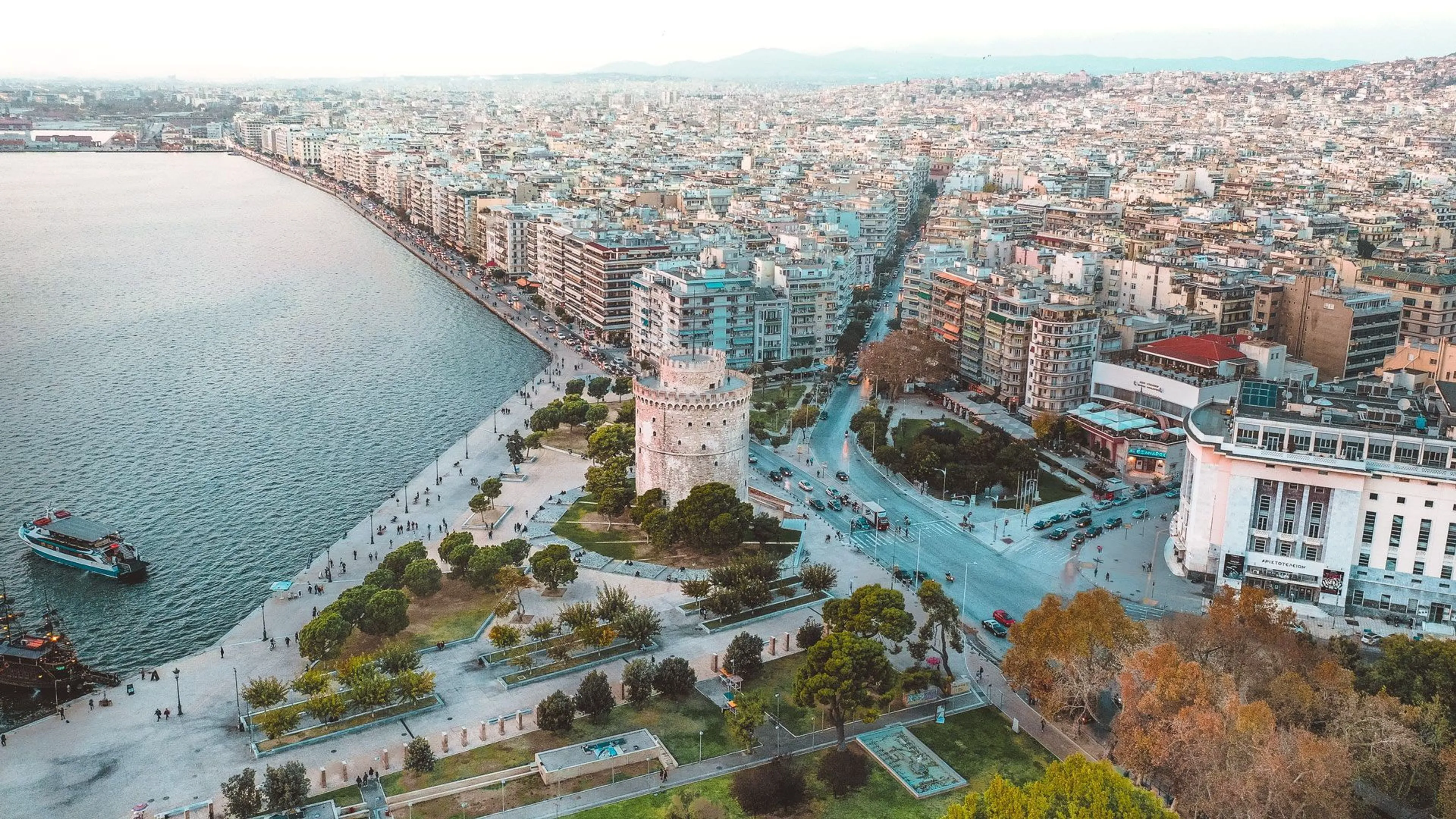
Customize it!
SELF DRIVE:PELOPONNESE & NORTHERN GREECE
Athens, Nafplio, Monemvasia, Pylos, Olympia, Zagorohoria, Thessaloniki, Kalambaka and Dephi.
English
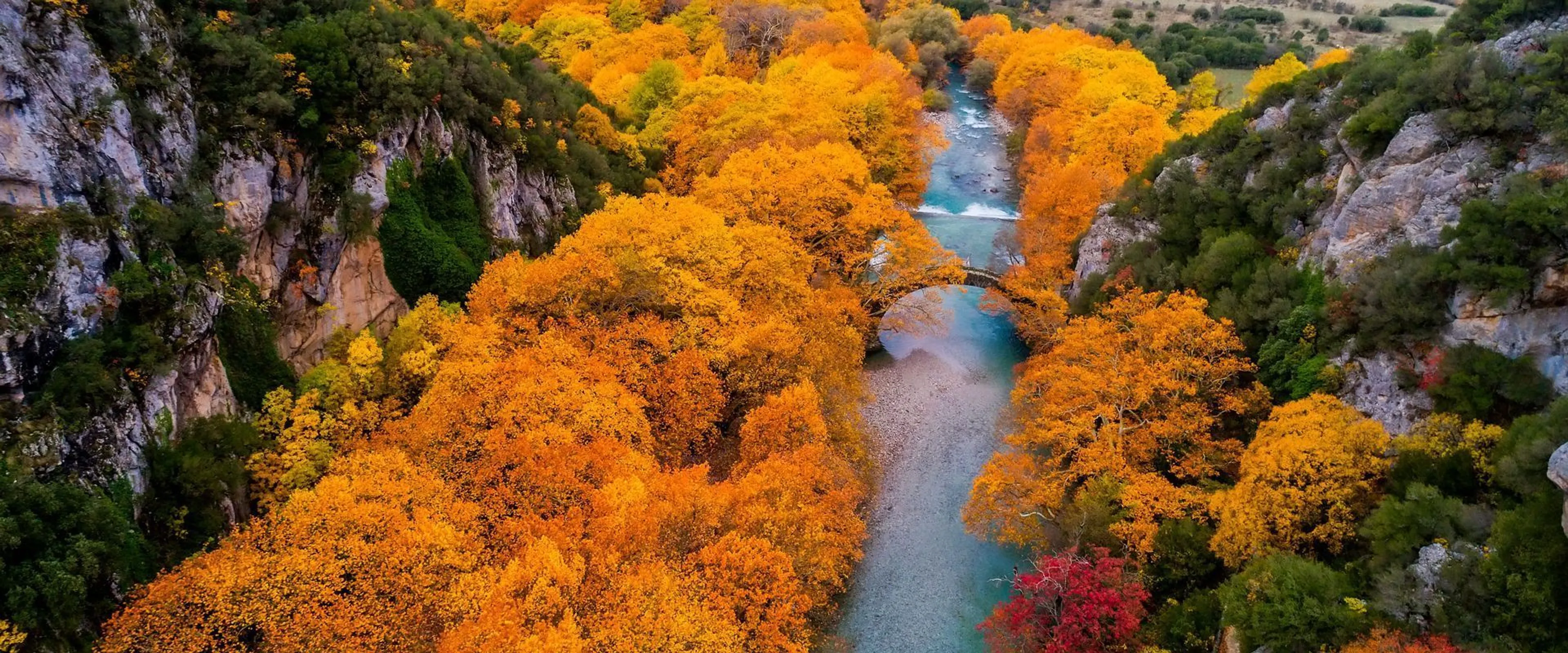
Customize it!
SELF DRIVE: THE PELOPONNESE AND EPIRUS
Athens, Olympia, Nafplio, Peloponnese, Zagorohoria, Kalambaka and Delphi
English
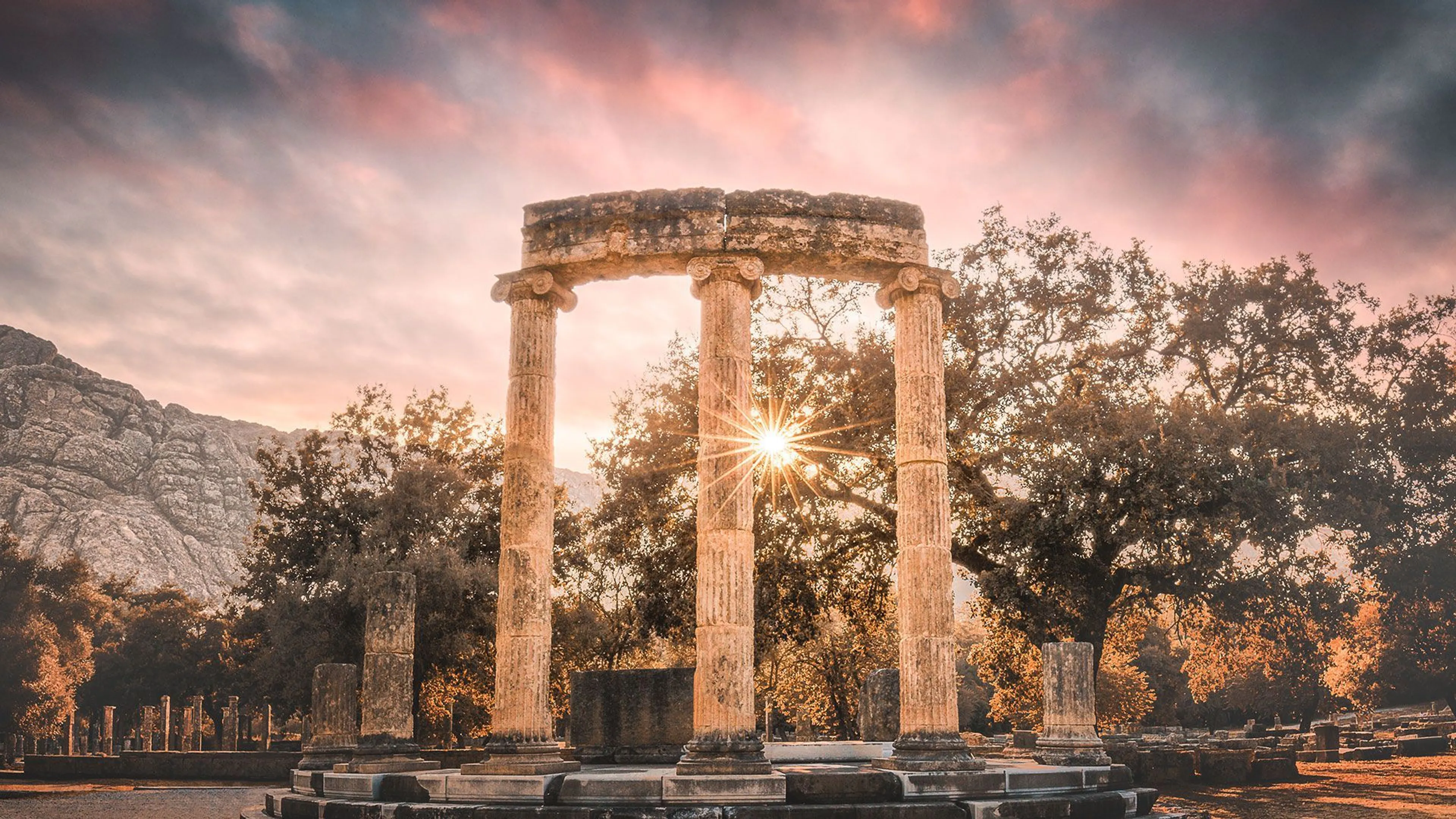
Customize it!
SELF DRIVE: THE PELOPONNESE AND METEORA
Athens, Olympia, Mycenae, Argolis, Nafplio, Peloponnese, Delphi and Meteora
English
General Information about Pylos
Do you want to visit Pylos? Here we tell you everything about this wonderful destination.
Pylos is a historic town located in the southwestern part of Greece, in the region of Messenia. The town is situated on the coast of the Ionian Sea and is known for its rich history and beautiful scenery.
Pylos was the site of a significant battle during the Peloponnesian War between Athens and Sparta in 425 BC. In the battle, the Athenians were defeated by the Spartans, which led to a shift in power towards Sparta.
Today, Pylos is a popular tourist destination due to its beautiful beaches, historic sites, and natural beauty. Some of the top attractions in Pylos include the Palace of Nestor, a Mycenaean palace complex from the Bronze Age, and Voidokilia Beach, which is known for its stunning natural scenery and crystal-clear waters.
Points of Interest in Pylos
Pylos is a town that is steeped in history and culture, with a number of sites of interest that visitors can explore. Some of the top sites of interest in Pylos include:
- Palace of Nestor: This Mycenaean palace complex from the Bronze Age is one of the most significant archaeological sites in Greece. The palace was discovered in 1939 by the American archaeologist Carl Blegen, and it is believed to have been the center of Mycenaean civilization in the region.
- Voidokilia Beach: This beautiful crescent-shaped beach is located just a few kilometers from Pylos and is a popular destination for swimming, sunbathing, and hiking. The beach is surrounded by stunning natural scenery, including sand dunes, olive groves, and crystal-clear waters.
- Niokastro Castle: This 16th-century fortress was built by the Ottoman Turks and is located on the outskirts of Pylos. The castle offers panoramic views of the town and the surrounding countryside.
- Methoni Castle: This medieval castle is located just a short drive from Pylos and is one of the most impressive fortifications in Greece. The castle was built by the Venetians in the 13th century and was later used by the Ottomans and the Turks.
- Ancient Messene: This ancient city was founded in the 4th century BCE and is located about an Hour’s drive from Pylos. The city is known for its well-preserved ruins, including a theater, stadium, and several temples.
- Polylimnio Waterfalls: These beautiful waterfalls are located in a lush forest just a short drive from Pylos. The waterfalls are fed by a series of small lakes and offer a refreshing escape from the summer heat.
What to Eat in Pylos?
Pylos is known for its traditional cuisine that is simple yet flavorful. The dishes of Pylos often feature fresh, local ingredients such as fish, vegetables, and herbs. The food is typically prepared using traditional cooking methods such as grilling, roasting, and frying.
One of the signature flavors of Pylos is its use of olive oil, which is produced locally and used in almost all dishes. The cuisine also includes a variety of savory herbs and spices such as oregano, thyme, and rosemary.
In addition to its delicious food, Pylos is also known for its refreshing drinks. The town is famous for its traditional Greek coffee, which is brewed using finely ground coffee beans and served hot.
Another popular beverage is the Greek frappe, which is made by mixing instant coffee, sugar, and cold water in a shaker until frothy.
Overall, the cuisine of Pylos reflects the town’s history and geography, with fresh, simple ingredients and traditional flavors that have been passed down through generations.
Festivals of Pylos
Pylos is a town that is rich in culture and tradition, and as such, it is home to a number of festivals throughout the year. These festivals celebrate various aspects of the town’s history, culture, and religious heritage.
One of the most important festivals in Pylos is the Feast of St. Nicholas, which takes place on December 6th. This festival celebrates the town’s patron saint, and includes processions, music, and traditional food and drink.
Another popular festival is the Carnival of Pylos, which takes place in the weeks leading up to Lent. The carnival features parades, music, and costumes, and is a time for the town to come together in celebration before the period of fasting and reflection that comes with Lent.
Pylos also celebrates a number of religious holidays throughout the year, including Easter, which is a particularly important holiday in Greece. During Easter, the town is filled with traditional music, processions, and feasts, and is a time for families and friends to come together in celebration.
Finally, Pylos also hosts a number of cultural events throughout the year, including concerts, art exhibits, and theatrical performances. These events showcase the town’s rich cultural heritage and provide visitors with a unique insight into the history and traditions of Pylos.
How Is the Culture in Pylos?
The culture in Pylos is deeply rooted in the town’s rich history and traditions.
Music and dance are also an important part of Pylos’ culture. Traditional music is played on instruments such as the lyre and the bouzouki, and is often accompanied by dance. Pylos is home to a number of local dance groups, which perform at festivals and cultural events throughout the year.
Religion also plays a significant role in Pylos#39; culture, with the Greek Orthodox Church being the dominant faith. Religious holidays are celebrated with processions, feasts, and other cultural events, and the town’s many churches are an important part of its cultural heritage.
In short, the culture in Pylos is a rich tapestry of history, tradition, and community. The town’s residents are proud of their cultural heritage and take great care to ensure that their customs and traditions are preserved for future generations.
Destinations near Pylos
Pylos is a wonderful destination due to its historical heritage and fascinating culture.
In turn, due to its proximity to Athens and Nafplio, many travelers combine their visit to Pylos with these destinations, so you will find these sites in several of our offers.
Are you looking to marvel at the most incredible landscapes? Do you want to know about a fascinating culture? Do you want to taste exquisite cuisine?
If your answer is "yes", at Greca we have several proposals for tourist packages to Pylos, which you can modify and adapt according to your needs and times.
There are travel packages for all tastes. Choose your own adventure according to your needs!
01How much does it cost to eat in Pylos?
At a typical local tavern or restaurant, a main course can cost anywhere from 10-20 €, while appetizers or side dishes can cost around 5-10 €.
02Which month is the cheapest to travel to Pylos?
The cheapest month to visit Pylos would likely be during the winter months, specifically from December to February.
03When is the best season for Pylos?
The high season in Pylos is during the summer months of June, July, and August.